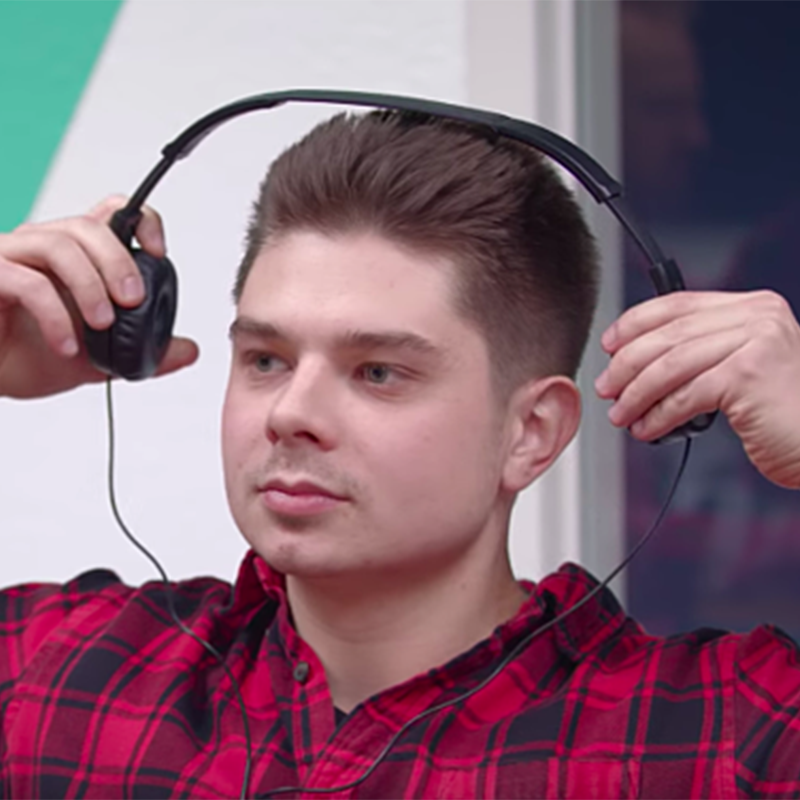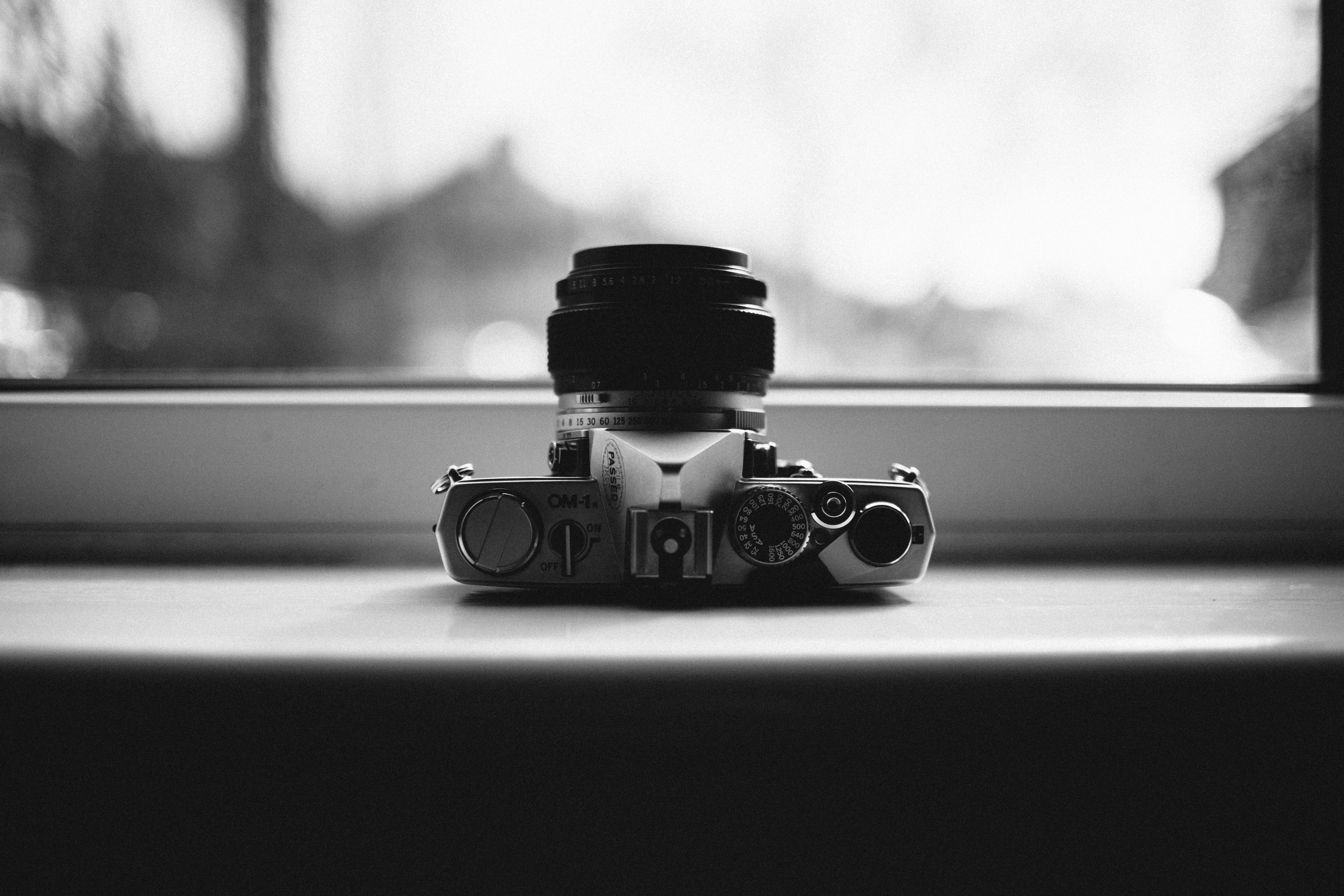In part one of this series, I talked about discovering my passion and finding my own reason to commit to getting a degree in Communication Arts (Radio, TV, and Film). In part two, you can read about how this decision was solidified through positive experiences with professors, TA’s, and even classmates. Without some of these people, I would probably be writing copy for some boring company in a cubicle right now instead of sipping a coffee in a spacious office listening to some psychedelic rock tunes. #humblebrag
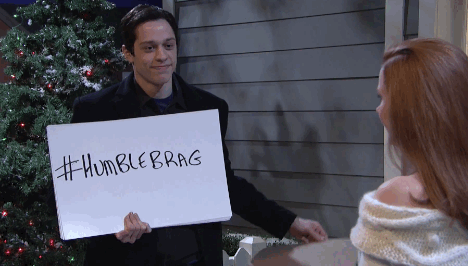
The more advanced classes I began taking in the department of Communication Arts, the smaller the class sizes got. The smaller the class sizes got, the more the professor could focus on the individual. To get into these courses, it usually meant writing a couple paragraphs explaining why I wanted to take that course in the application process, something I had never seen before. This told me that my fellow students would be motivated, qualified, and serious about their work in class. In return, this made me motivated.
The first major interaction was with a TA in the Introduction to Film Production course that I took while still deciding on a major. My group had just shot our first scene, a recreation of a scene from the film The End of the Tour starring a friend 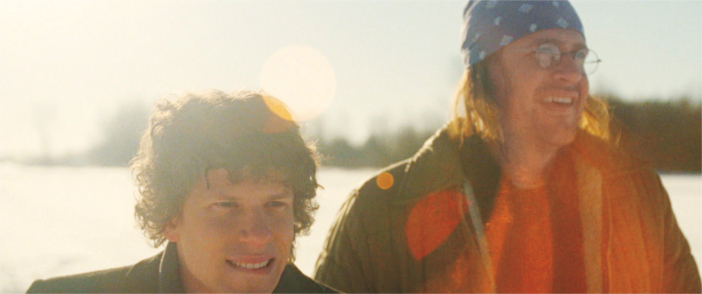 as Jesse Eisenberg’s character. Shooting this scene was my first taste in how long it takes to set up equipment and frame a single shot. My partner and I must have spent half a day on just this once scene. We were pretty happy with it.
as Jesse Eisenberg’s character. Shooting this scene was my first taste in how long it takes to set up equipment and frame a single shot. My partner and I must have spent half a day on just this once scene. We were pretty happy with it.
But upon editing, out TA was watching our footage and asked us to bring up the original scene to compare. Our framing was off. Too much head room, too wide of scale. He gave us two options: receive a grade of a D on the project, or reshoot.
We decided on the latter.
Needless to say, our actors weren’t too happy with us but we learned a valuable lesson in filmmaking. Alongside this, I began to notice that this particular TA, as well as the professor of this course, truly cared about making us the best we can be. In most other classes, this care for students wasn’t as prominent. This interaction pushed me to not settle for “good enough” for the rest of my academic career.
The second interaction was in the Advanced Video Editing class. My favorite part of the filmmaking process had always been cutting together scenes in the editing room; time just slips away when I would get into a rhythm. In my advanced editing course, we were asked to cut together a short film. During the process, the professor would schedule a meeting with us one at a time to look at our progress and offer constructive criticism of our work. For the first half of the project, I had been selected along with two other students to show our first handful of scenes to the rest of the class as an example of some good cuts. From this, I knew that I was doing something right. I just had to put in good work in for the second half of the project to really prove that this was something I could really excel at.
While you can’t see this particular example, you can watch an editing sample I made from the same class.
It was during the final meeting with the professor that first made me consider video editing as a realistic career opportunity. I watched the professor respond very positively to my cut of the films climax. Pausing the film meant there was some criticism, and to my surprise, the professor watched through the entire scene without pausing. The only disruptions came from nods and comments of approval. When the scene was over, she finally paused the film, smiled, and told me, “You’re an editor!”.
Lastly, it was the connections and friendships I had made through these courses that sealed the deal for me.
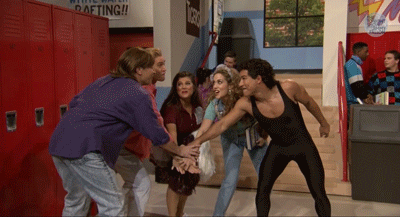
The students I was teamed up with all cared about perfecting their craft, and helping their peers along the way. With filmmaking being a largely collaborative process, it is important to work well as a team both during filming and outside of filming. Holding each other accountable to do a good job meant no one could slack off. Even after graduation, I am still in contact with quite a few of the students I had in my advanced production courses. Meanwhile, I can barely name one or two people I still talk to from any of my non-film courses.
Reminiscing on these moments really makes me wonder how many students think they know what kind of subjects they are interested in, but have terrible experiences in those classes. I think that nothing beats the combination of genuine interest, and mentors who truly care about encouraging you along the way. I was lucky to find this combination going into my third year of college.
Stay tuned for the last chapter of this series where I will talk about the benefits of hands-on learning.
[Read the previous installment here if you haven't yet]
This entry was posted in post production, editing, advice, film making
